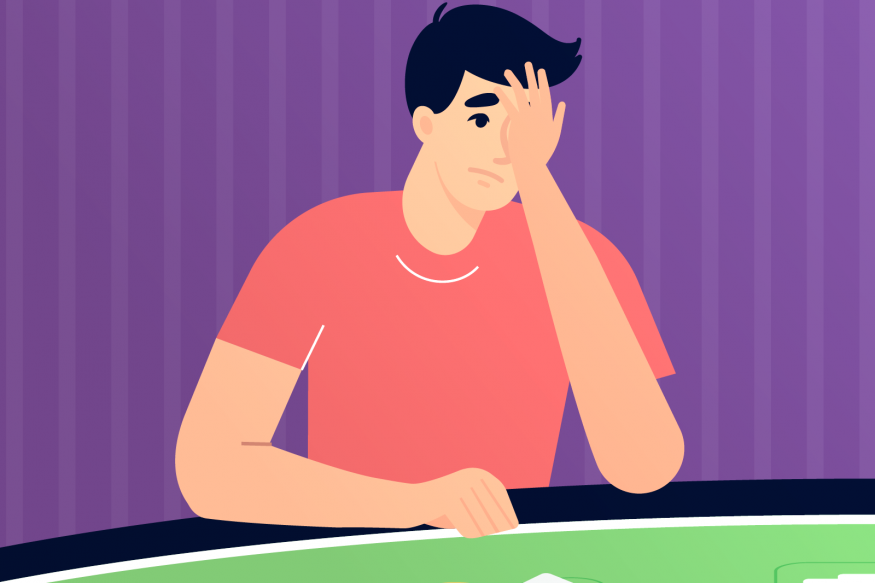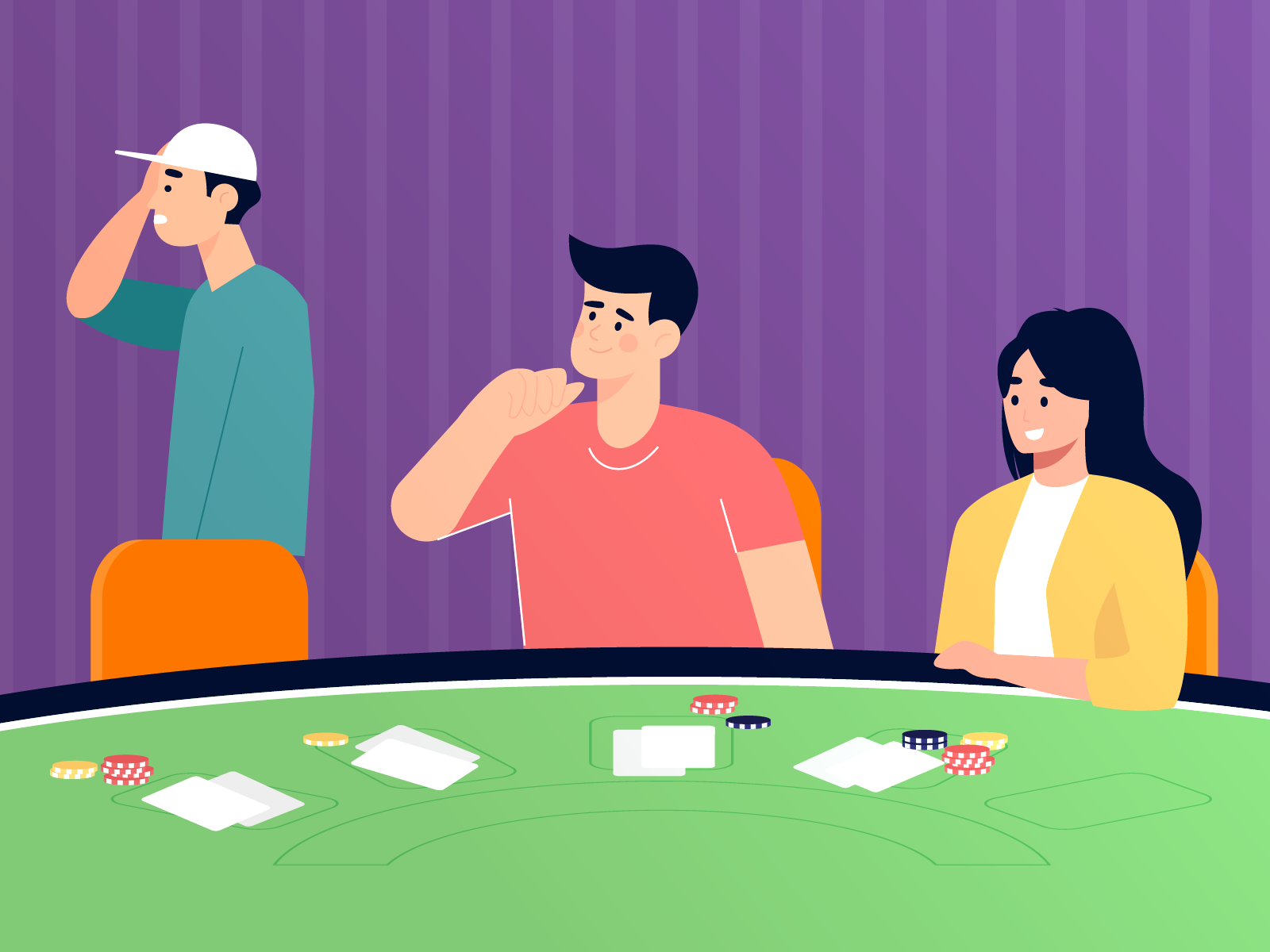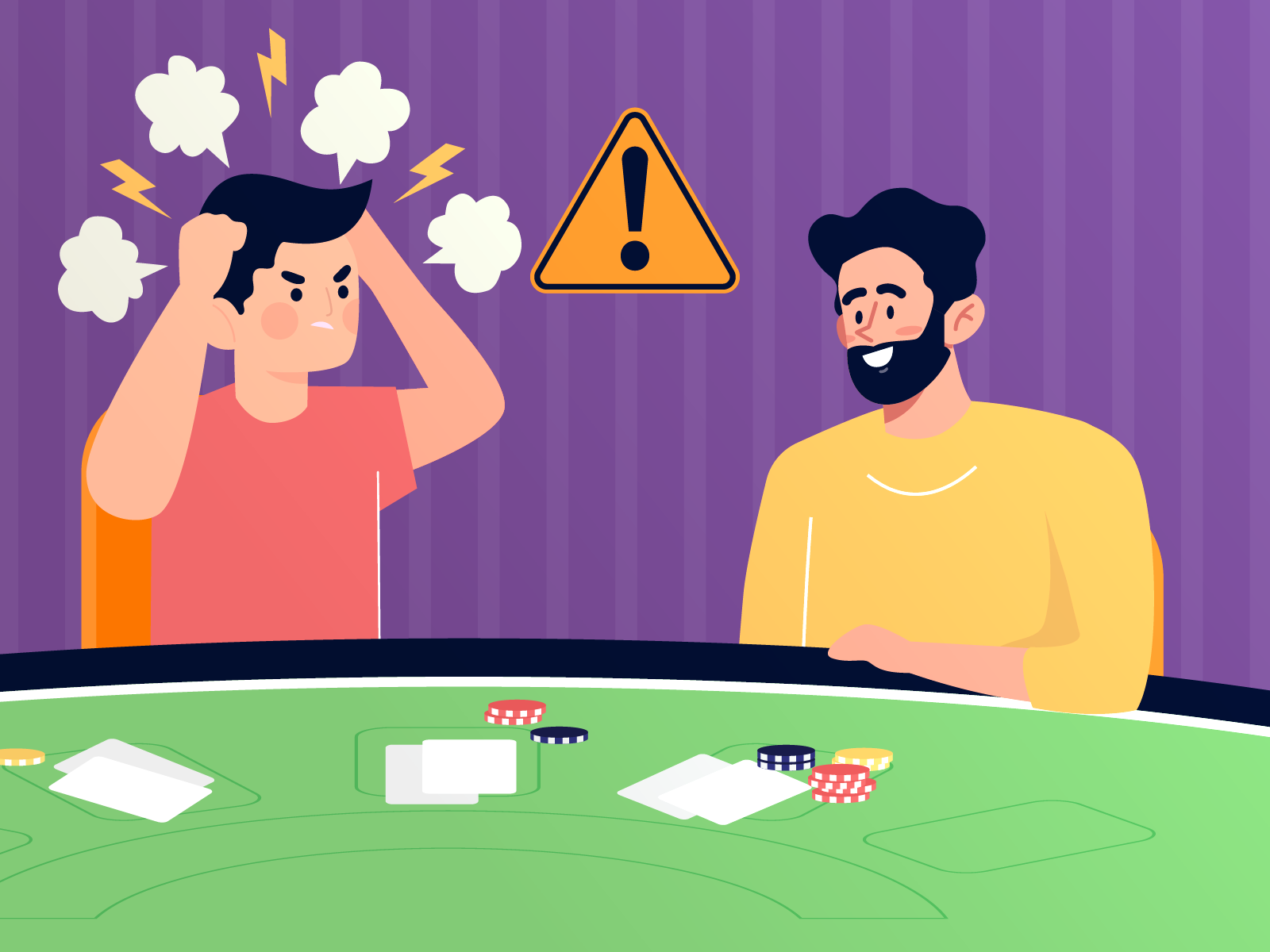Mastering the Art of Handling Bad Beats in Poker: 7 Essential Strategies

Understanding the Reality of Poker Losses
Poker, by its very nature, is a game where losses are simply part of the journey, regardless of your level of expertise. Whether you are engaged in a high-stakes tournament or a casual cash game, disappointment is inevitable-sometimes even after you’ve played a hand flawlessly from start to finish. Recognizing how chance and probability are woven into every deal of the cards is crucial for any player aiming to thrive at the table.
Throughout your poker pursuits, you'll face hands that go south despite every move being mathematically sound. These crushing moments-commonly known as bad beats-are unavoidable, so preparing both your strategy and your mindset is vital. In this article, we’ll break down what constitutes a bad beat, contrast it with the infamous ‘cooler’, and share practical methods for staying composed and competitive when things don’t go your way.
Defining Bad Beats in Poker
A bad beat occurs when you lose a poker hand that you statistically should have won. In every hand, there is a favorite and an underdog, and while running the odds may show you’re far ahead, there’s always a chance for the improbable to happen. Television poker coverage often illustrates this with live win percentages that shift as new cards are dealt.
Imagine being all-in before the flop with pocket aces against an opponent’s ten-nine suited. Logic says you should take down the pot most of the time, but poker doesn’t always follow the script. Sometimes, your opponent will hit that one miraculous card-a “one-outer”-snatching victory from what seemed like certain defeat.
It’s important to remember that even a hand with only a 30% chance will win a significant part of the time. Letting every loss where you were favored get under your skin will make it tough to maintain focus or success in the long run.
How Frequently Do Bad Beats Occur?
Bad beats are a routine part of poker, but their frequency varies depending on a variety of factors. Occasionally, you may find yourself dealing multiple bad beats to others in a single session; at other times, you might be the one enduring a streak of unlikely losses.
The structure of the game has a major impact on how common bad beats are. Formats with shallow stacks, such as Sit & Go tournaments, often see more regular and dramatic swings. On the other hand, deeper-stacked formats like live cash games tend to produce fewer bad beats, but the emotional and financial impact can be greater due to larger pots.
Regardless of which variation you play, building mental resilience to handle setbacks is imperative for any serious poker player.
Distinguishing Coolers from Bad Beats
Another source of frustration at the poker table is the “cooler”-also known as a “cold deck.” While a bad beat happens when an unlikely outcome turns the tables, a cooler occurs when both players are dealt incredibly strong hands, but one hand is simply destined to lose.
For example, being dealt pocket kings pre-flop and running them into pocket aces is a classic cooler: you have a premium hand that most players would play aggressively, but you’re up against the only hand that can beat you outright. Coolers can also happen post-flop, such as making a nut flush only to run into a straight flush, or flopping a full house and discovering your opponent holds a better one.
The key difference is that in a cooler, losing is almost inevitable based on the cards and situation, whereas a bad beat is typically the result of an opponent getting lucky against the odds.
Proven Strategies for Managing Bad Beats and Coolers
Being on the wrong side of a bad beat or cooler is unavoidable in poker, but how you react in these moments will define your long-term success. It’s common to see players spiral into poor decisions following a tough loss-often called going on tilt. To sustain your edge and maintain composure, employ the following seven practical techniques when adversity strikes.
Step Away to Reset Your Mind

One of the simplest and most effective ways to recover after a hard loss is to temporarily step away from the action. In a live setting, a quick walk or a few quiet moments away from the table can help you process disappointment and regain mental clarity. For online players, even sitting out for a hand or two can make a world of difference-though in tournaments, timing this break is important to avoid losing valuable chips.
If you experience a string of setbacks that start impacting your decision-making, it might be wisest to take a longer break altogether. Step away for a few days, clear your mind with other activities, and come back fresh and ready.
Analyze Your Session to Learn and Improve
After encountering a bad beat, reviewing your play can be incredibly helpful. Going back over key hands with a critical eye helps separate luck from potential strategic errors. Sometimes, you’ll find a subtle mistake that can be corrected in future sessions; other times, you’ll confirm that your approach was correct and that the loss was just part of poker’s variance.
Regular hand analysis not only fosters improvement but also builds confidence that, over time, solid decision-making will win out.
Practice Sound Bankroll Management
Bad beats feel significantly more painful when you’re risking money you can’t afford to lose. That’s why having a well-structured bankroll is essential for enduring inevitable swings in fortune. The ideal size of your bankroll depends on the volatility of the games you prefer-tournaments require more resilience to variance than slow-structured cash games.
Regardless of format, avoid playing with only a handful of buy-ins. A deep bankroll makes it easier to weather losing sessions, keeps you focused, and limits the anxiety that comes with each loss.
Focus on Process, Not Short-Term Results
Before every session, mentally prepare for the fact that swings are a built-in part of the game. Your main objective should always be to make the best possible decisions and to seek out favorable spots. The outcome of any single hand is less important than consistently putting yourself in positions where the odds are on your side.
Chasing losses or operating from a place of frustration-trying to dish out a ‘revenge’ bad beat-will almost always lead to poor play and bigger losses.
Play Each Hand with Fresh Perspective
Every hand in poker is a new opportunity, completely independent from the last. After suffering a tough loss, challenge yourself to treat each new deal as a clean slate. Factor in your current position, stack size, and table dynamics, then follow your game plan as if the previous hand never happened.
Dwelling on lost chips is a recipe for emotional decision-making. Instead, focus on capitalizing on future opportunities and rebuilding your stack strategically.
Don’t Turn Opponents into Villains

It’s common to internalize tough losses and project frustration onto the player who benefited from your misfortune. However, making one opponent your target often distracts from overall strategy and can make you predictable to the rest of the table.
Apply your best game equally against all opponents. Stay methodical-evaluate every situation on its own merits rather than letting emotions dictate your play. Successful poker is about consistently strong decision-making, not personal battles.
Know When to Let Go and Fold
Sometimes, the cards will simply not fall your way-this could mean losing as a heavy favorite on the flop or the turn, or facing an unexpected large bet at the river after your opponent completes a difficult draw.
For instance, you could have pocket kings on a dry board, only to see a dangerous river card fall and your opponent make an aggressive move. Rather than stubbornly calling out of frustration or pride, take a moment to consider the likelihood that you’re beat. Strategic folding in tough spots can save significant money across your poker career.
Staying detached and making mathematically correct decisions-even if painful-will pay off in the long run.
Embracing the Inevitable and Thriving in the Game
There is no escaping the reality that bad beats-and coolers-are a fundamental aspect of poker. However, how you choose to respond is entirely within your control. By integrating these strategies, you can minimize the emotional impact of tough losses, maintain your competitive edge, and ultimately find consistency and satisfaction at the tables. Remember, playing well consistently is much more important than winning every individual hand. Stay level-headed, and let the numbers work in your favor over time.













